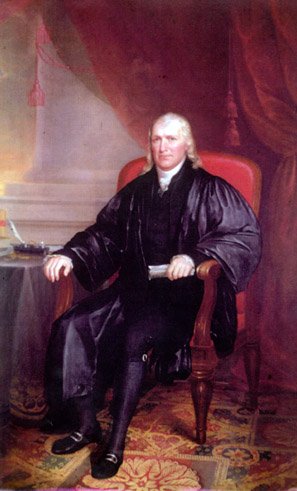Strawbridge v. Curtiss
Key Principle
Complete Diversity Rule: To be granted diversity jurisdiction in federal court, there must be complete diversity between all plaintiffs and all defendants in the case.
Case Overview
CITATION
ARGUED ON
DECIDED ON
DECIDED BY
7 U.S. 267
Feb. 12, 1806
Feb. 13, 1806
Legal Issue
Does diversity jurisdiction require complete diversity among all the parties to a suit and not just diversity between some of the parties?
Holding
Yes, to qualify for diversity jurisdiction, there must be complete diversity among all the parties to the case.
Background
The case began with an appeal from the Circuit Court for the District of Massachusetts, which dismissed Strawbridge’s complaint for lack of jurisdiction. It was alleged that some of the parties were citizens of the State of Massachusetts. The defendants were also stated to be citizens of the same state, except Curtiss, who was found to be a citizen of the State of Vermont. The question on appeal was whether the diversity of citizenship requirement for subject matter jurisdiction requires complete diversity of citizenship among the parties.
Summary
Unanimous decision for Strawbridge
Strawbridge
Curtiss
Chase
Paterson
Cushing
Marshall
Johnson
Washington
Opinion of the Court
In a brief opinion, Chief Justice John Marshall held that diversity jurisdiction could not be supported in this case. Chief Justice Marshall first pointed to the rule past by Congress, which states that “where an alien is a party or the suit is between a citizen of a state where the suit is brought and a citizen of another state.”
Chief Justice Marshall explained the Court’s interpretation of Congress’ diversity requirement, writing that they understand it “to mean that each distinct interest should be represented by persons all of whom are entitled to sue or may be sued in the federal courts. That is, that where the interest is joint, each of the persons concerned in that interest must be competent to sue or liable to be sued in those courts.”





